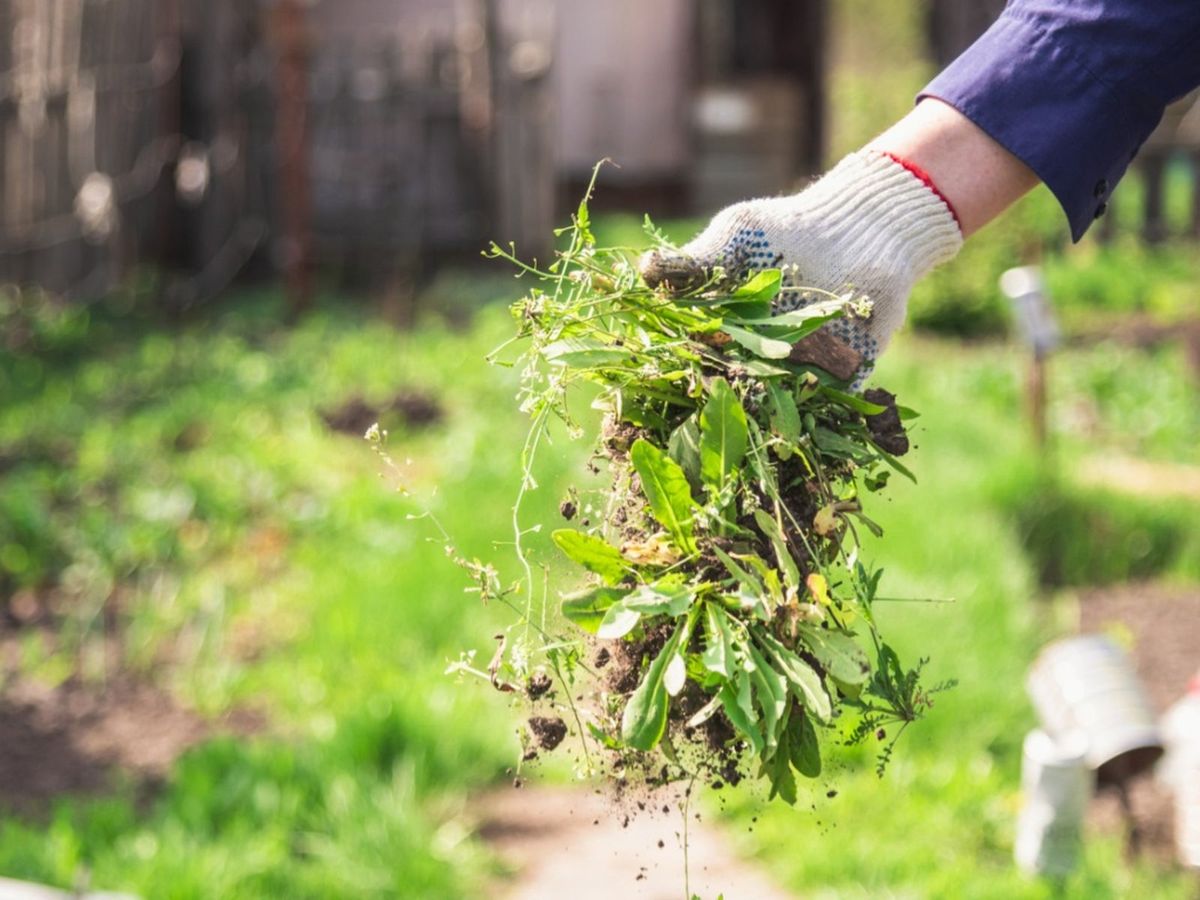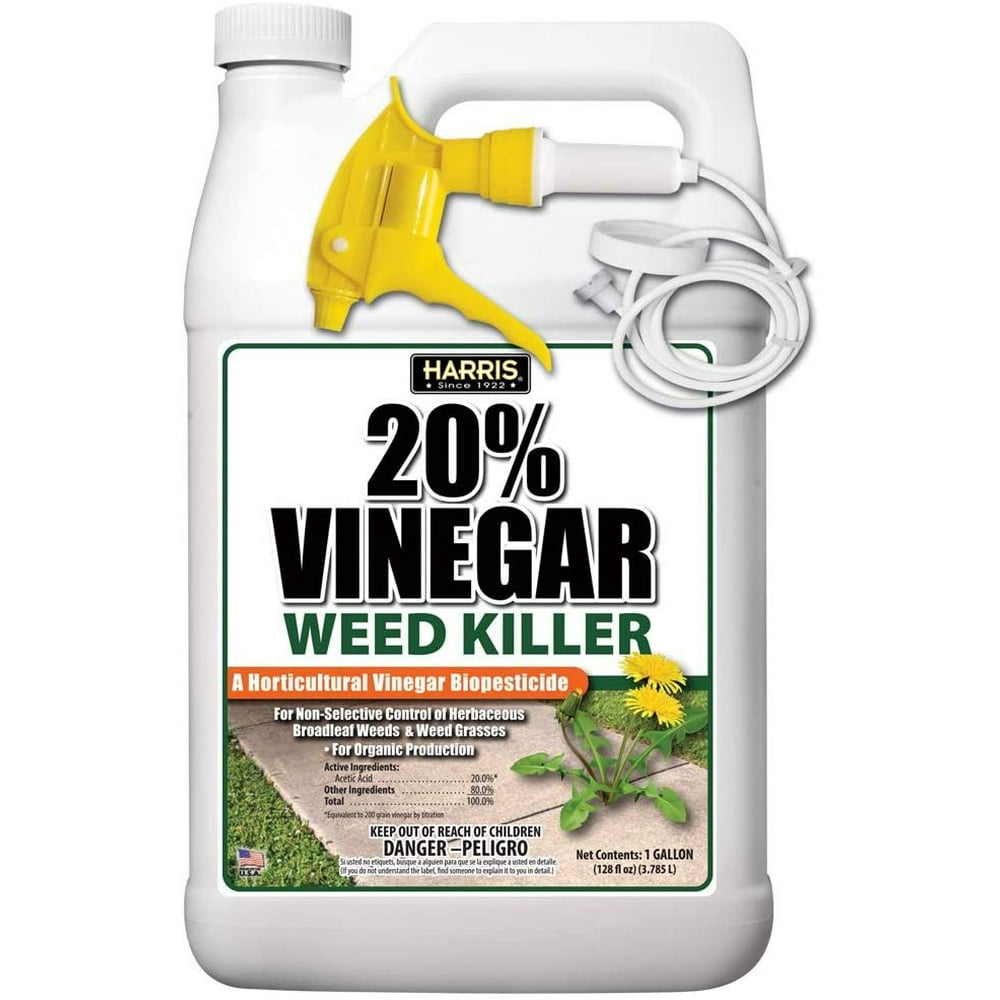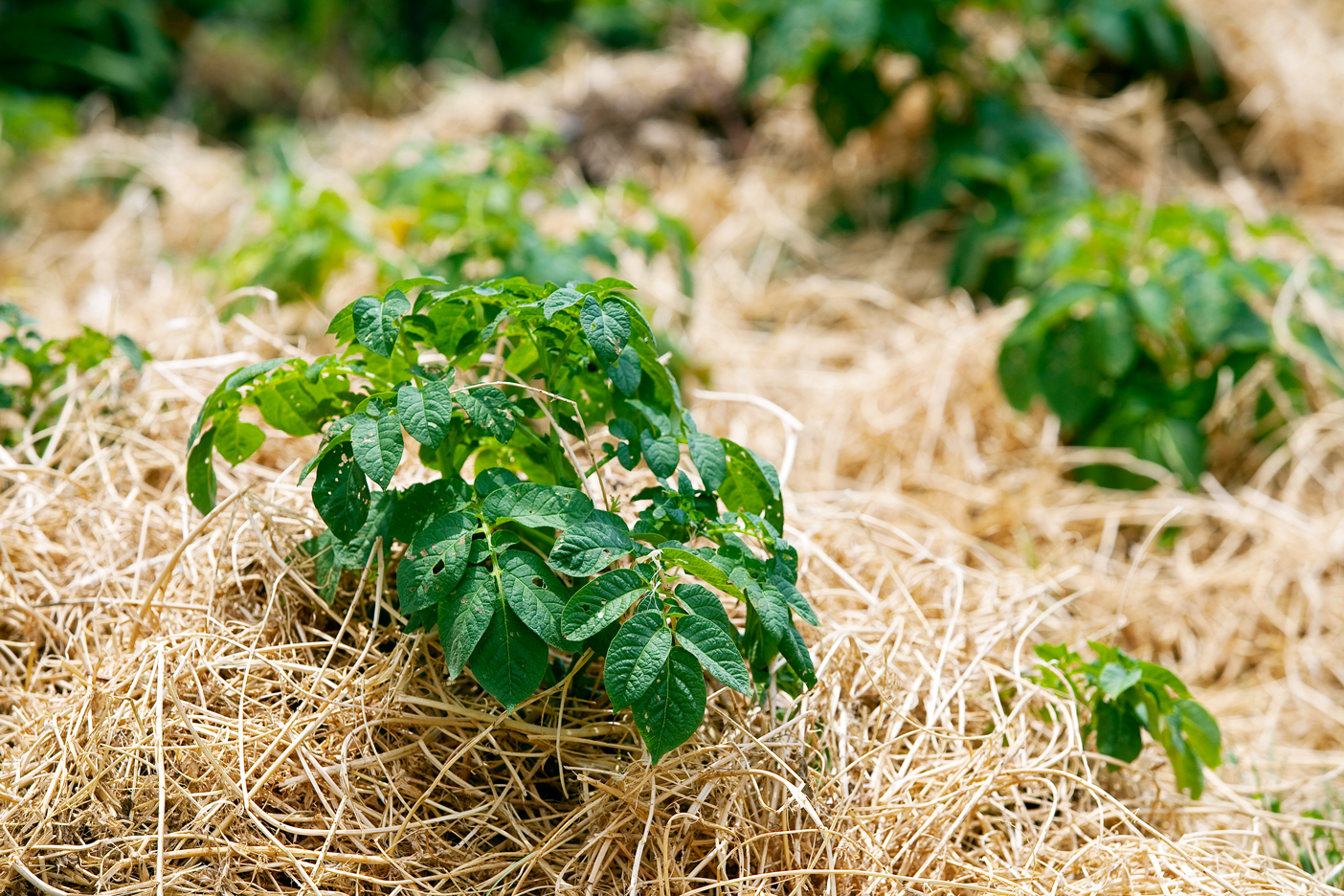How to Control Weeds Naturally in Your Garden: A Comprehensive Guide

Are you tired of seeing unwanted guests in your garden? Weeds can be as stubborn as that houseguest who just won't leave. But before you reach for harsh chemicals, consider this: natural weed control methods can be just as effective, and they're much kinder to your garden and the environment. So, let's dive in and explore how to control weeds naturally in your garden.
Understanding Weeds: The First Step
Before you declare war on weeds, it's essential to understand your enemy. Weeds are simply plants growing where you don't want them. They compete with your desired plants for water, sunlight, and nutrients. But did you know that weeds can also be an indicator of your soil's health? For instance, dandelions thrive in compacted soil, while clover loves nitrogen-depleted soil. So, listen to what your weeds are telling you.
Prevention is Better than Cure
Just like with any problem, prevention is key when it comes to weed control. Here are some strategies to keep weeds at bay:
Healthy Soil, Happy Garden
Weeds love bare, disturbed soil. So, the first step is to keep your soil healthy and covered. Add organic matter like compost to improve soil structure and fertility. This encourages beneficial microorganisms and helps your desired plants outcompete weeds.
Smart Planting
Close plant spacing can help shade out weeds, leaving them no room to grow. Also, consider ground covers and cover crops to protect bare soil.
Water Wisely
Weeds love water just as much as your plants. So, water deeply but less frequently to encourage strong root growth in your plants and deprive weeds of surface water. Drip irrigation can also help deliver water precisely where you want it.
Organic Weed Killer: The Natural Arsenal
If prevention fails, it's time to bring out the big guns. But don't worry, these are eco-friendly weapons.
Mulching: The Swiss Army Knife of Weed Control
Mulching is one of the most effective methods for natural weed control. It blocks sunlight, preventing weed seeds from germinating. Organic mulches like straw, wood chips, or grass clippings also improve soil health as they break down. Just ensure you're not inadvertently introducing weed seeds with your mulch.

Vinegar: More than Just a Salad Dressing
Vinegar contains acetic acid, which draws moisture out of plants. On a hot, sunny day, spray full-strength vinegar directly onto weeds for a quick and natural solution. Just be careful not to spray your desired plants, as vinegar isn't selective.
Corn Gluten Meal: A Pre-Emergent Wonder
Corn gluten meal is a natural byproduct of corn processing that inhibits root development in germinating weed seeds. It's a great pre-emergent herbicide that also adds nitrogen to your soil.
Manual Removal: Getting Up Close and Personal
Sometimes, there's no substitute for good old-fashioned elbow grease. Manual removal can be therapeutic, and it's an excellent way to ensure you're not harming nearby plants.
Timing is Everything
The best time to pull weeds is after a rain when the soil is moist. This makes it easier to pull out the entire root system. Also, try to pull weeds before they set seed to prevent future generations.
The Right Tools for the Job
Invest in a good pair of gardening gloves and a weed puller or hoe. These tools can make manual removal much easier and more effective.
Eco-Friendly Garden: It's All About Balance
Remember, the goal isn't to eradicate every single weed. A truly eco-friendly garden is about balance. Some weeds can even benefit your garden by attracting beneficial insects or improving soil health.
Embrace the Clover
Clover is often considered a weed, but it's actually a nitrogen-fixing powerhouse that can improve your soil. Plus, it stays green even in drought conditions and feels lovely underfoot.
Let the Dandelions Bee
Dandelions are an important early-season food source for bees. So, consider leaving a few in your lawn to support these vital pollinators.
Conclusion: Reclaim Your Garden the Natural Way
Controlling weeds naturally isn't just about avoiding harsh chemicals. It's about creating a healthy, balanced ecosystem in your garden. By understanding weeds, practicing prevention, utilizing organic weed killers, and embracing manual removal, you can reclaim your garden the natural way.
So, are you ready to evict those unwanted guests and create an eco-friendly garden oasis? Remember, it's a journey, not a destination. Embrace the process, and enjoy the fruits of your labor. Happy gardening!
FAQs
What is the best natural weed killer? There isn't a one-size-fits-all answer, as the best natural weed killer depends on your specific situation. However, vinegar, corn gluten meal, and mulching are all effective methods.
Is it possible to have a weed-free garden naturally? While it's possible to significantly reduce weeds naturally, aiming for a completely weed-free garden might not be realistic or even beneficial. Some weeds can support a healthy garden ecosystem.
How can I prevent weeds from growing in the first place? Prevention strategies include maintaining healthy soil, smart planting, and watering wisely. Keeping your soil covered with plants or mulch can also help prevent weed growth.
Are there any benefits to having weeds in my garden? Yes, some weeds can benefit your garden. For example, clover adds nitrogen to the soil, and dandelions provide food for bees.
What's the best way to remove weeds by hand? The best time to pull weeds is after a rain when the soil is moist. Use a weed puller or hoe to make the job easier, and try to remove the entire root system to prevent regrowth.

For more information on natural weed control, check out these resources:
0 Response to "How to Control Weeds Naturally in Your Garden: A Comprehensive Guide"
Post a Comment